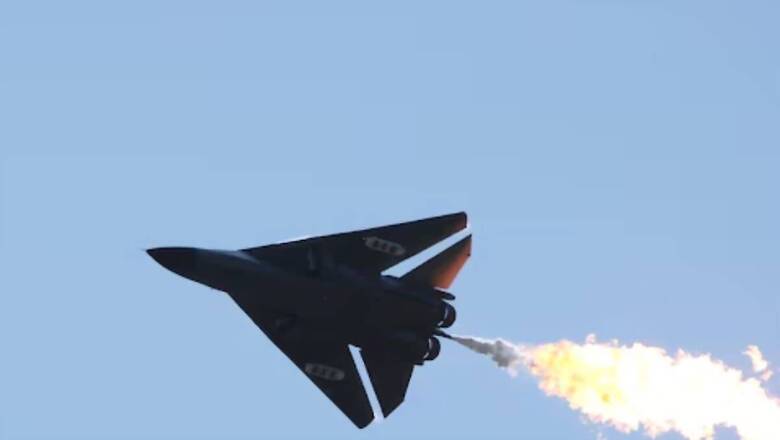
views
There’s been increasing concerns about limited resources and rising oil costs these days. Did you know pilots intentionally dump or release aeroplane fuel? Even more astonishing is that they do it in mid-air during flight, before landing. Why is this considered permissible, let alone smart? Although it sounds alarming, dumping fuel (officially called fuel jetting) is a safe procedure — and it’s done for good reasons. It’s not as wasteful as it seems, either. Airlines note that dumping fuel can actually be cheaper than not dumping it in certain circumstances. But it’s not something pilots do routinely. A spokesperson from Federal Aviation Administration (FAA) Alison Duquette, assured in an interview that it doesn’t happen very often. The reason is that certain planes are designed to be significantly lighter when landing than when taking off — in some cases, more than 2,00,000 pounds (90,909.1 kilograms) lighter.
You might think that taking off with a heavy weight would necessarily be more difficult than landing with the same weight. But landing can put more stress on an aeroplane. When a plane lands heavy, it can very easily hit the ground too hard and damage the plane. Usually, though, this problem takes care of itself. During takeoff for a long flight, a large airliner may be carrying tens of thousands of gallons of fuel, which (at about 6.7 pounds per gallon) can add up to hundreds of thousands of pounds of fuel. During the long flight, the plane will naturally burn fuel and shed those pounds in the process. Manufacturers take this into account when designing an aeroplane, so that when it reaches its destination, it is light enough to land safely.
Sometimes, however, an emergency situation forces an aeroplane to land earlier than expected. And that’s where fuel dumping comes in. Another solution is to dump the fuel. This can be as simple as flipping a switch in the cockpit. The system consists of pumps and valves that dump fuel from nozzles on the plane’s wings. Such a system can dump thousands of pounds of fuel per minute, which looks like a contrail when released.



















Comments
0 comment